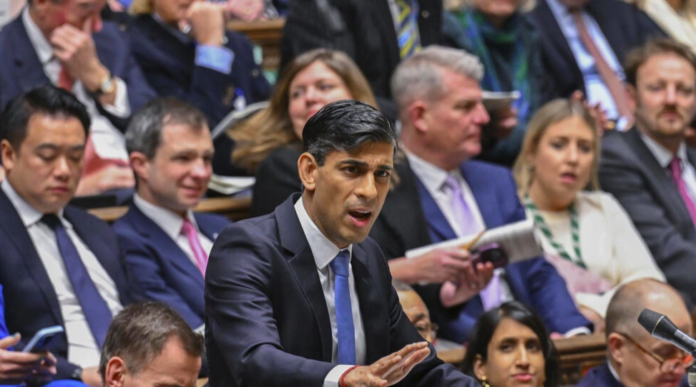January 16-17, 2024 – London, The United Kingdom’s government, under Prime Minister Rishi Sunak, faces renewed scrutiny as its controversial proposal to send asylum seekers to Rwanda returns to the House of Commons for further discussion. This comes after a preliminary vote in December, raising debates around human rights and immigration policy.
In a groundbreaking yet contentious agreement signed with Rwanda, the UK government pledged over 160 million euros, intending to transfer asylum seekers to the African nation. Despite this, no asylum seekers have been deported to Rwanda yet, largely due to legal challenges. The Hope Hostel in Kigali, designated to house these migrants, remains empty.
Central to the debate is whether Rwanda is a safe country for asylum seekers. The UK Supreme Court initially blocked the project, questioning Rwanda’s safety credentials. In response, Prime Minister Sunak has introduced a bill asserting Rwanda’s safety in an attempt to bypass the court’s judgment. This “Rwanda Bill” is undergoing its second review by Parliament, with its passage seemingly assured despite earlier fears of government defeat.
The bill has generated divisions within the UK political landscape. While some conservative MPs seek to toughen the bill by allowing courts to overlook aspects of human rights conventions and limit appeals for asylum seekers, these amendments face opposition from both the left wing of the Conservative Party and opposition parties, deeming the bill already excessively stringent.
Meanwhile, in Kigali, the Hope Hostel, equipped with prayer rooms, computers, and sports facilities, stands ready yet vacant. The hostel, reserved for over a year and a half, previously housed orphans of the Tutsi genocide and was prepared to receive the first batch of migrants in June 2022 – a plan halted by the European Court of Human Rights.
As the UK Parliament debates the bill, the issue raises significant questions about the balance between national immigration policy and international human rights standards. The situation is further complicated by the readiness of the Rwandan facilities and the expectations set by the UK-Rwanda agreement.
































































